15 Cleaning Products You Don’t Need in a Modern Home
A modern home doesn’t need a shelf full of specialized cleaners to stay fresh and tidy. Many products on the market do the same job, cost more, and add unnecessary chemicals to your space. With a few basic supplies, you can clean nearly every surface in your home. Cutting out the extras saves money, reduces waste, and keeps your cleaning routine simple.
This post may contain affiliate links, which helps keep this content free. Please read our disclosure for more info.
Fabric softener
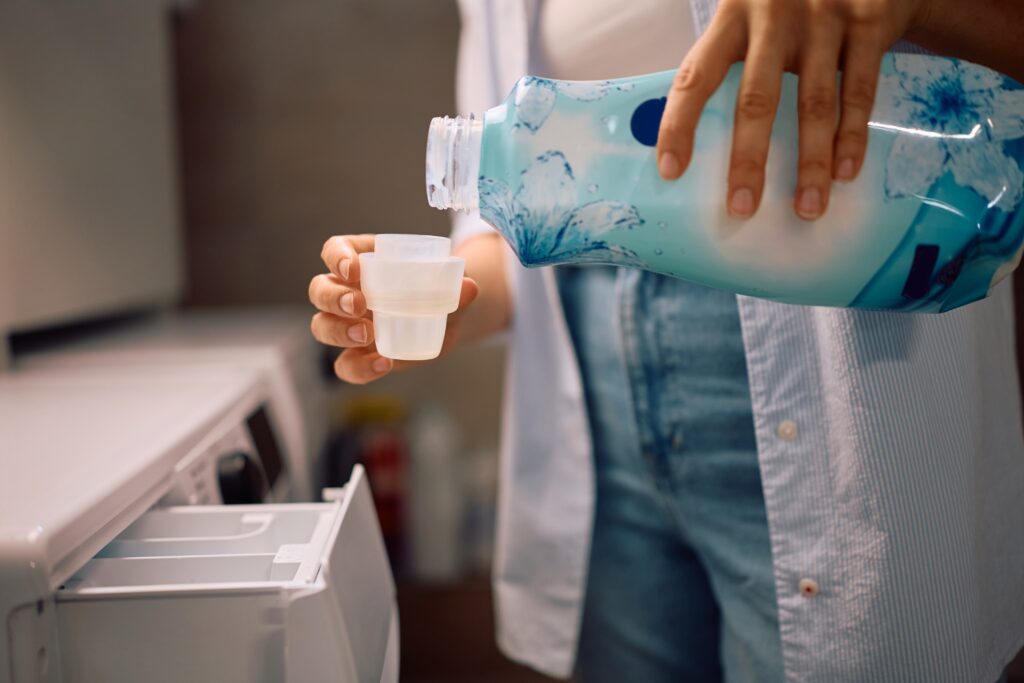
Fabric softeners promise softness and freshness, but they often leave residue on clothing that can reduce absorbency and trap odors over time. Many contain synthetic fragrances and chemicals that can irritate skin or cause allergic reactions. Modern washing machines and detergents already clean and soften fabrics effectively without extra additives. Instead of softener, adding a little white vinegar to the rinse cycle helps keep clothes fresh and static-free.
Overuse of fabric softener can even shorten the life of towels and activewear. It coats fibers and prevents them from wicking away moisture as they should. Choosing natural laundry methods keeps fabrics breathable and cleaner for longer. A simple swap to vinegar or wool dryer balls is all most households need.
Air freshener sprays
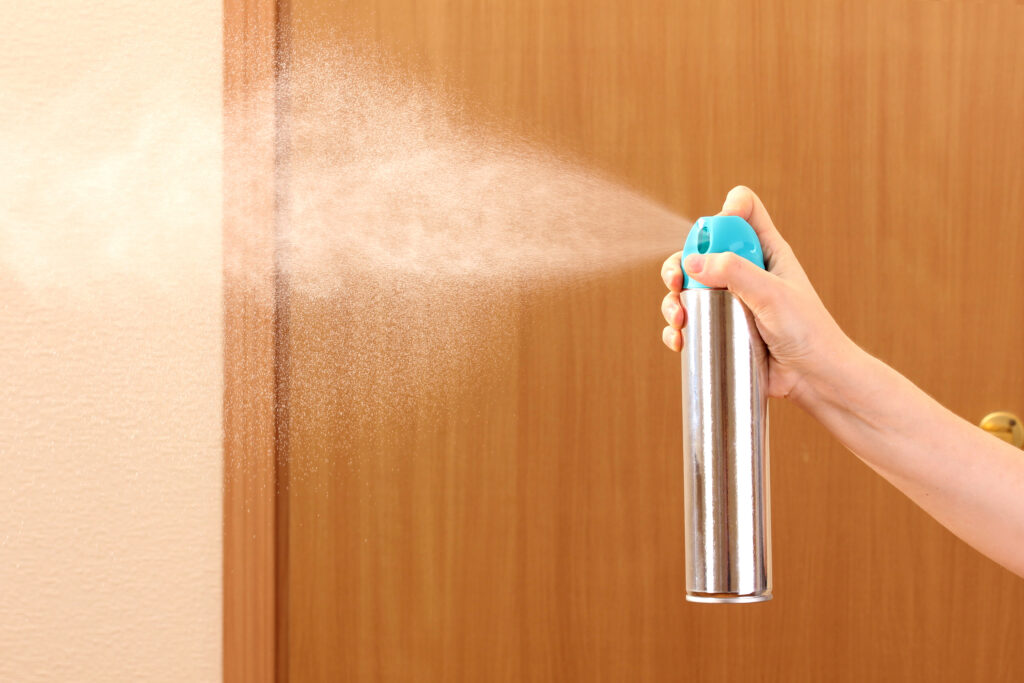
These sprays may mask odors for a short while, but they don’t actually remove what causes bad smells. Many contain chemicals that linger in the air and cling to fabrics, which can trigger allergies or headaches. Opening windows or using a small air purifier works far better for keeping your home fresh. A bowl of baking soda or coffee grounds can also help absorb odors naturally.
Air fresheners can create a false sense of cleanliness without addressing the real issue. Regular cleaning, washing fabrics, and improving ventilation prevent smells at the source. Natural alternatives like simmering citrus peels or essential oils in water offer light fragrance without harsh ingredients. Your air stays clean and safe to breathe.
Furniture polish
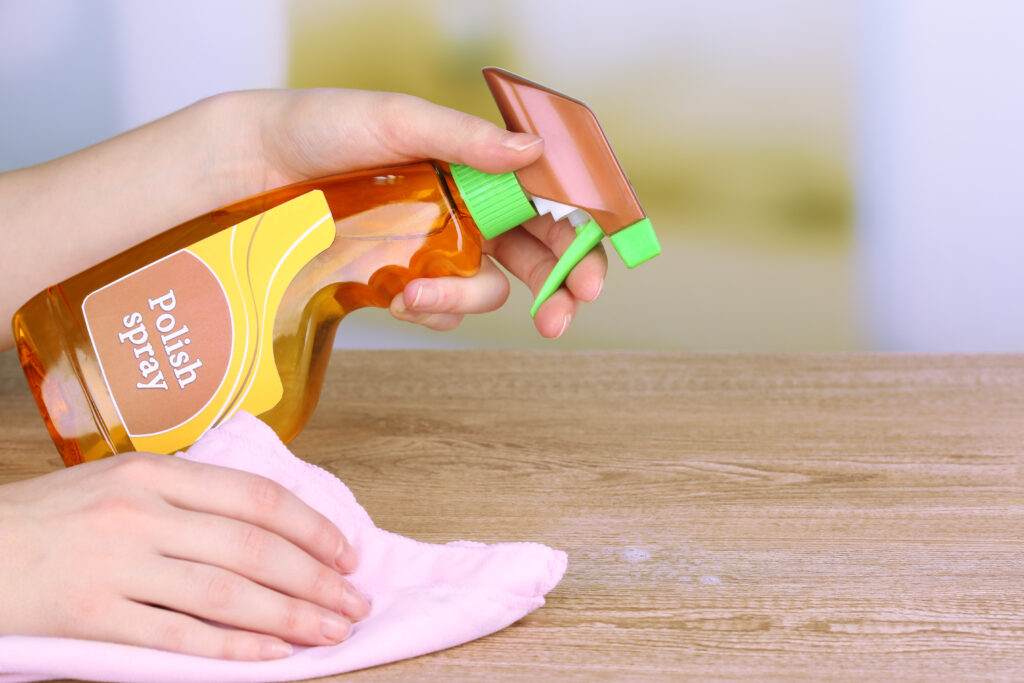
Traditional furniture polish can leave behind a greasy film that attracts dust faster than before. Some products contain silicones or oils that dull wood finishes over time. A damp microfiber cloth often removes fingerprints and dust just as well. If you need shine, a touch of olive oil mixed with vinegar can restore a soft glow naturally.
Today’s sealed wood furniture rarely needs heavy polish. Overuse can even clog the wood’s surface and make it harder to clean later. For everyday care, dusting with a dry or slightly damp cloth is enough. Keeping furniture out of direct sunlight also helps maintain its finish longer.
Glass cleaner
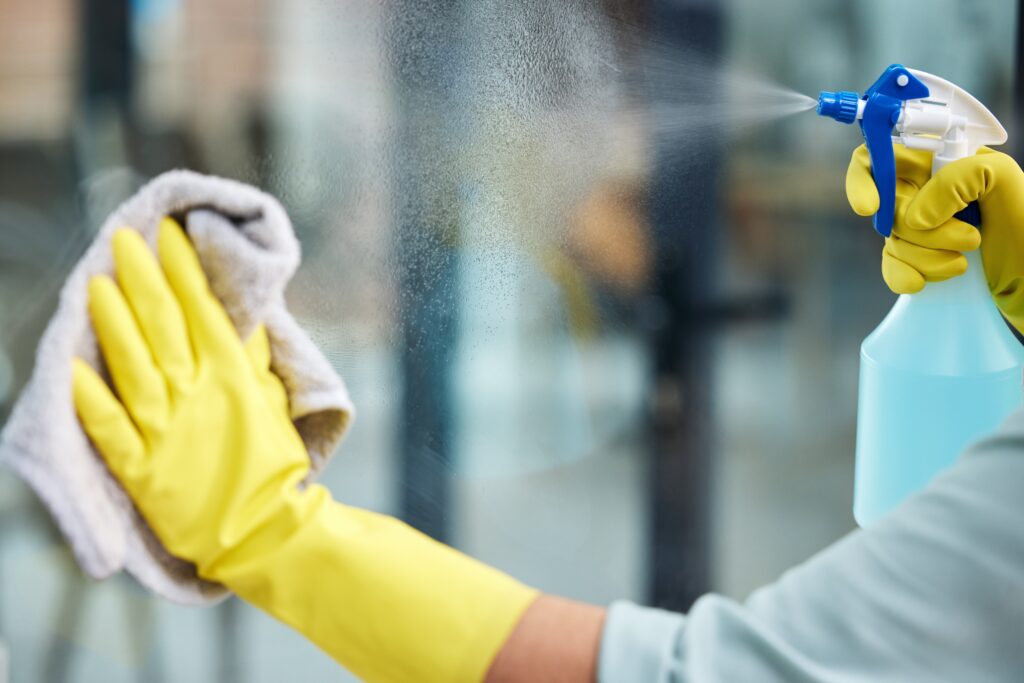
Most store-bought glass cleaners are mostly water, alcohol, and scent. While they work, they aren’t much better than a homemade mix of vinegar and water. A clean microfiber cloth does the job without streaks or harsh ingredients. You’ll save money and reduce plastic waste by skipping specialty bottles.
Modern windows often have coatings that don’t react well to chemical sprays. Simple solutions protect those surfaces and keep them clear. With consistent wiping and natural ingredients, you can keep glass spotless and streak-free. There’s really no need for a separate cleaner when basic supplies work so well.
Disposable dusting wipes
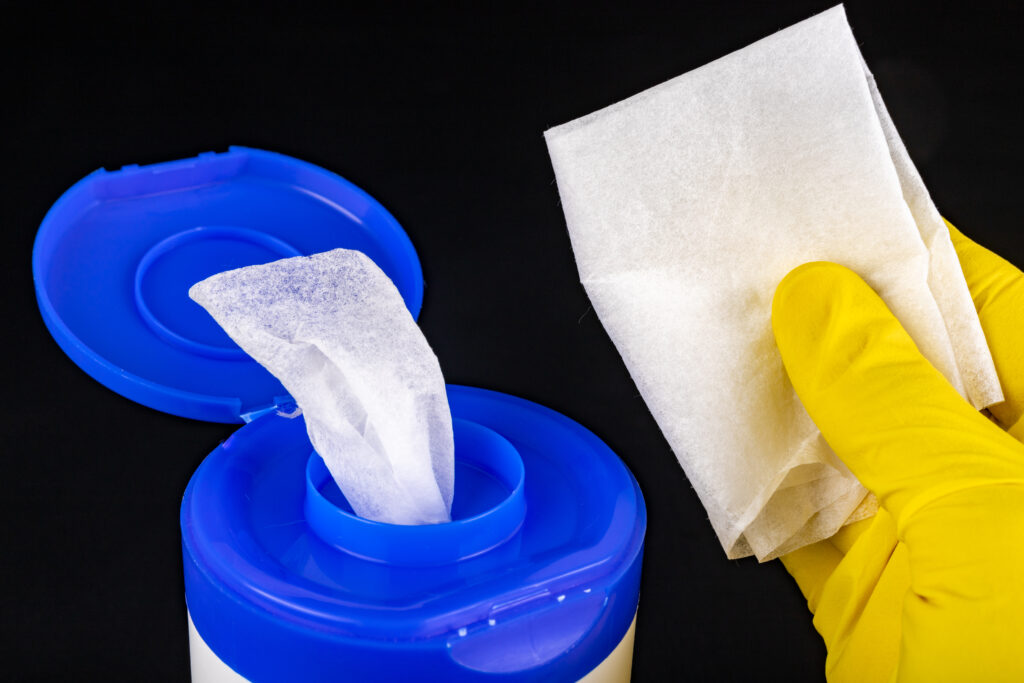
These wipes seem handy, but they add unnecessary waste to every cleaning session. Each one is used once and tossed, filling trash bags and costing more over time. Microfiber cloths attract dust just as easily and can be washed hundreds of times. They’re gentle on surfaces and more effective for everyday use.
Switching to reusable options is better for both the environment and your wallet. Disposable wipes also tend to push dust around instead of trapping it completely. A simple cloth or reusable duster works faster and lasts for years. A quick rinse and it’s ready for the next job.
Oven cleaner
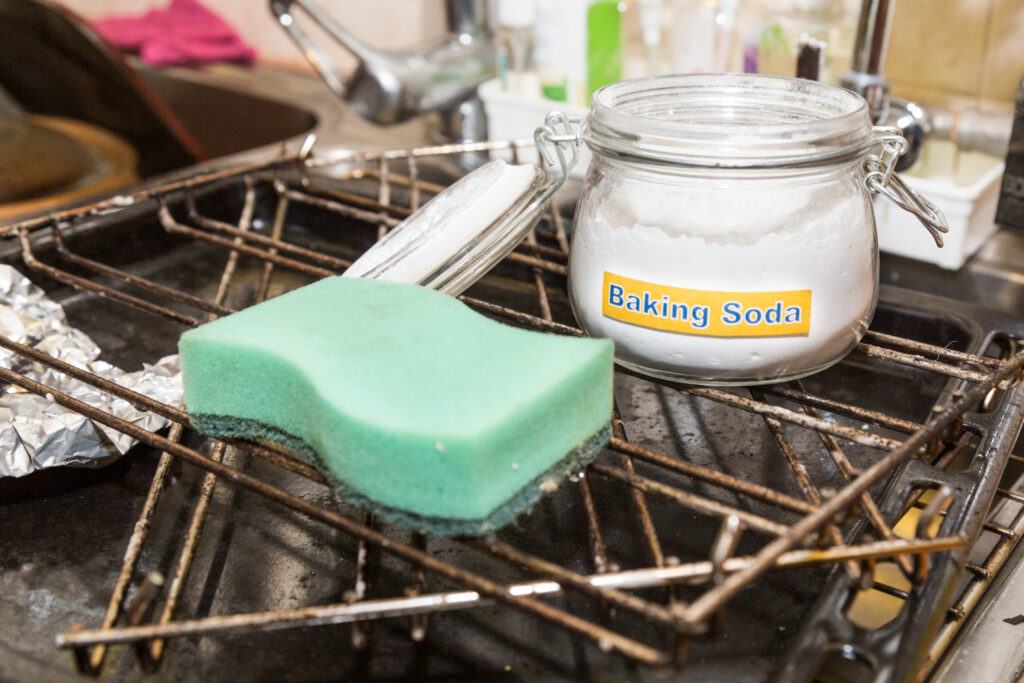
Oven cleaners can be some of the harshest products in any home. Their fumes can irritate eyes and lungs, and the residue left behind can affect food safety. Most modern ovens come with self-cleaning cycles that do the same work without harsh chemicals. For regular upkeep, baking soda paste handles grime gently.
Spraying chemicals into a hot appliance can be risky and unnecessary. Allowing natural cleaners to sit overnight often breaks down grease just as well. With a bit of patience, you’ll get the same results without harmful smells. The natural method keeps your kitchen safer and easier to maintain.
Toilet bowl tablets
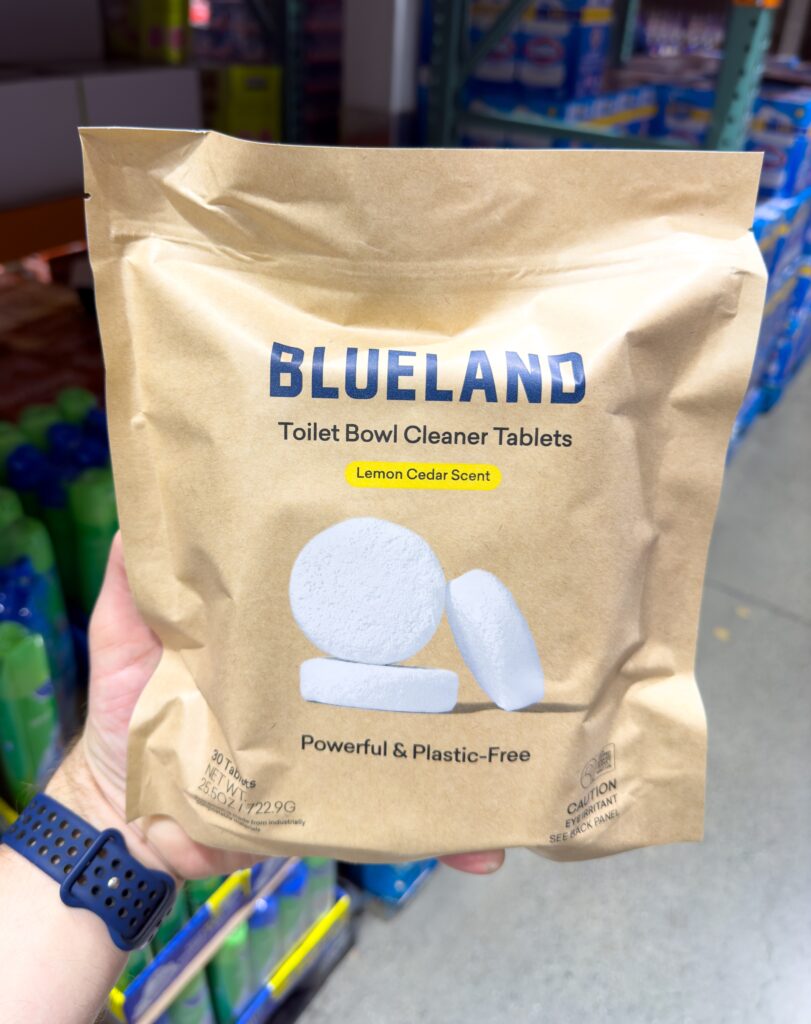
These colorful tablets might seem like a time-saver, but they can corrode the inner parts of your toilet tank. Over time, they break down seals and damage flappers, leading to leaks and wasted water. Many contain bleach that evaporates quickly, offering short-lived cleaning power. A simple brush and mild cleaner do the job more effectively.
Using vinegar and baking soda once a week keeps your toilet clean without harming parts. Tablets that sit inside the tank may cause hidden buildup that’s hard to fix. Sticking to direct bowl cleaning methods saves repair costs and keeps things fresher. It’s better for your plumbing and your wallet.
Carpet powder deodorizer
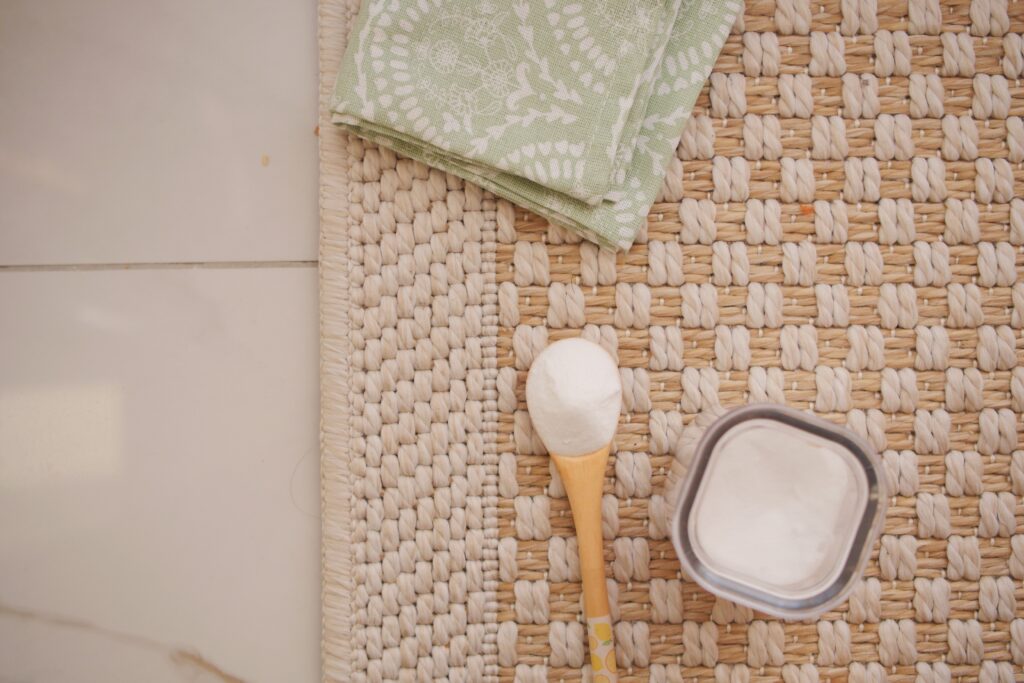
These powders may leave your carpet smelling nice for a day, but they can clog vacuum filters and build up in fibers. Over time, that residue traps more dust and allergens than it removes. A thorough vacuuming and regular steam cleaning handle odors far better. If needed, sprinkle baking soda lightly before vacuuming.
Carpet powders can also attract pests or leave white residue after use. They mask smells instead of removing them completely. Natural cleaning methods reach deeper into the carpet and don’t add extra chemicals to your floor. Keeping carpets dry and vacuumed often prevents odor in the first place.
Drain cleaner
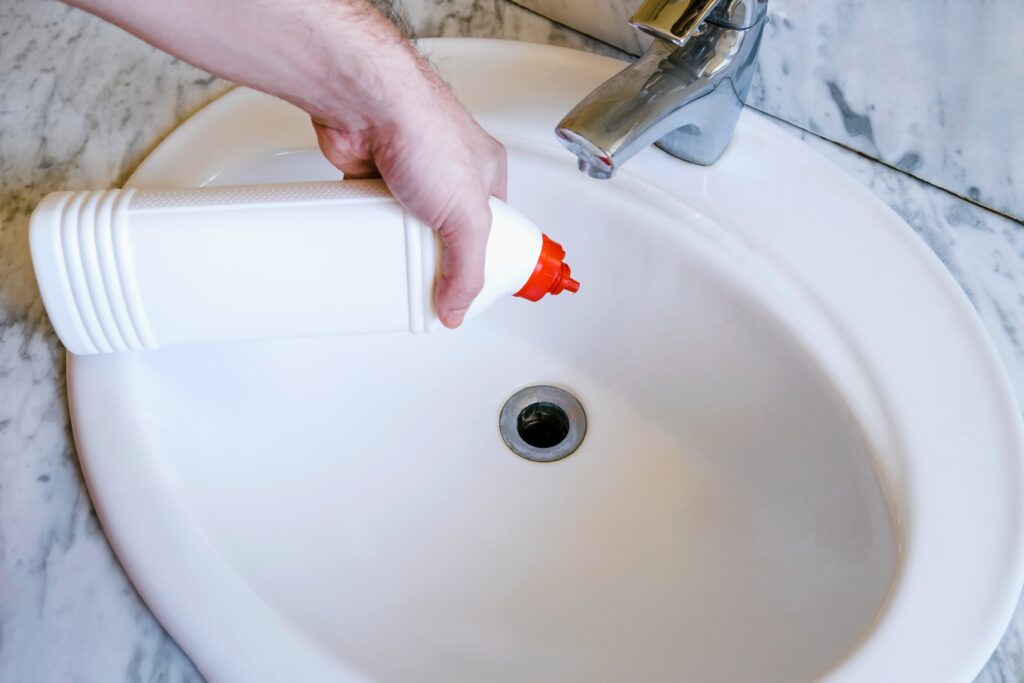
Chemical drain cleaners promise quick results but can corrode pipes over time. They often push clogs deeper rather than clearing them completely. Boiling water, baking soda, and vinegar usually solve most clogs without damage. For stubborn ones, a drain snake is far safer and more reliable.
These cleaners can also be dangerous to handle and store, especially in homes with kids or pets. Natural alternatives are less risky and often just as effective. Regular maintenance and strainer use help prevent buildup. A few simple habits can keep your drains flowing freely.
Stainless steel cleaner
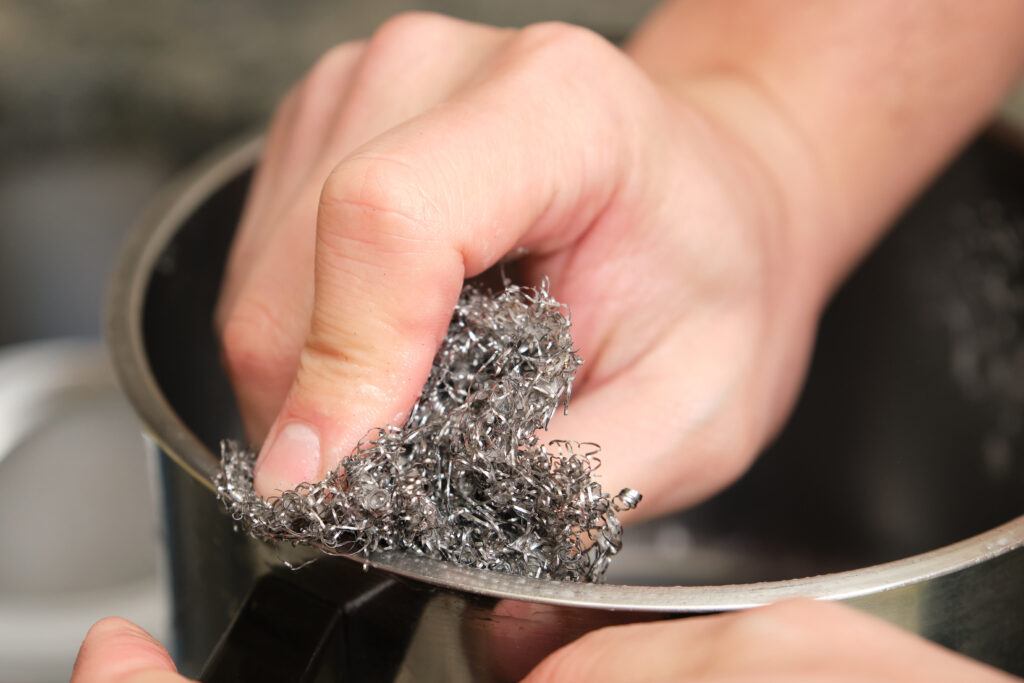
Special stainless steel sprays add shine, but they often leave streaks or oily spots behind. They can also be expensive for what they do. Warm water, mild soap, and a microfiber cloth keep appliances looking new without residue. A touch of vinegar removes fingerprints instantly.
Most stainless finishes are easy to maintain with simple methods. Using harsh chemicals can wear down the protective layer and dull the surface. Gentle cleaning keeps your kitchen gleaming naturally. There’s no reason to buy an extra bottle for something so easy.
Floor wax
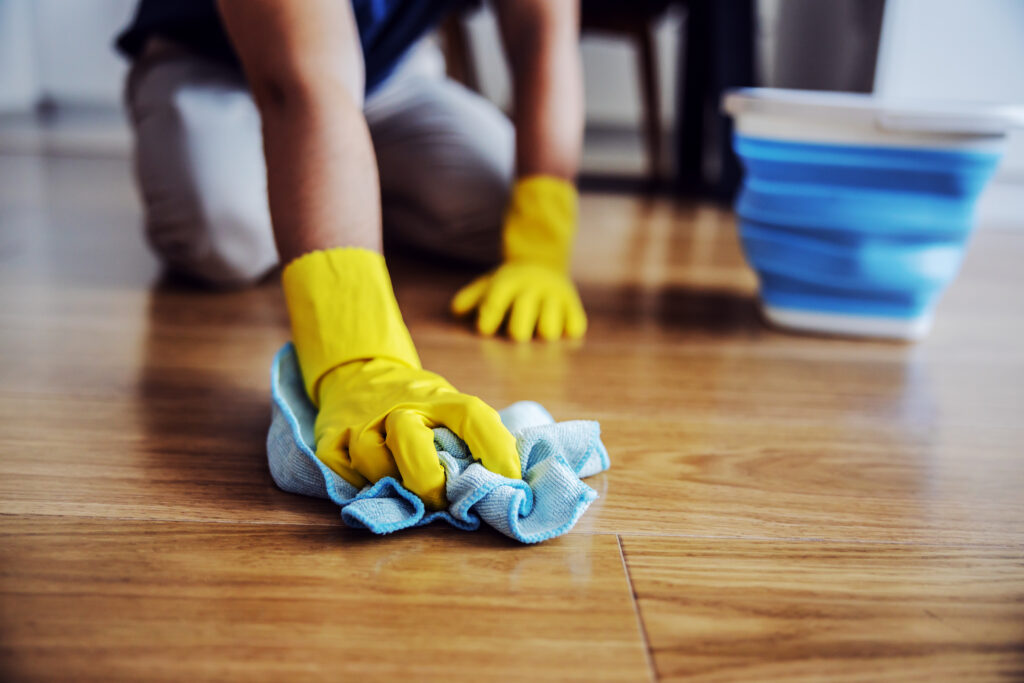
Modern flooring materials like vinyl, laminate, and sealed hardwood don’t require traditional wax anymore. Applying it can actually make floors slippery and difficult to clean. Most floors need only a damp mop and mild soap to stay shiny. Using wax adds buildup that attracts more dirt.
Manufacturers now design floors with protective coatings built in. Over-waxing can ruin that finish and void warranties. Keeping floors dry and swept regularly keeps them in good shape. There’s no need for the sticky mess of old-fashioned wax.
Separate bathroom and kitchen cleaners
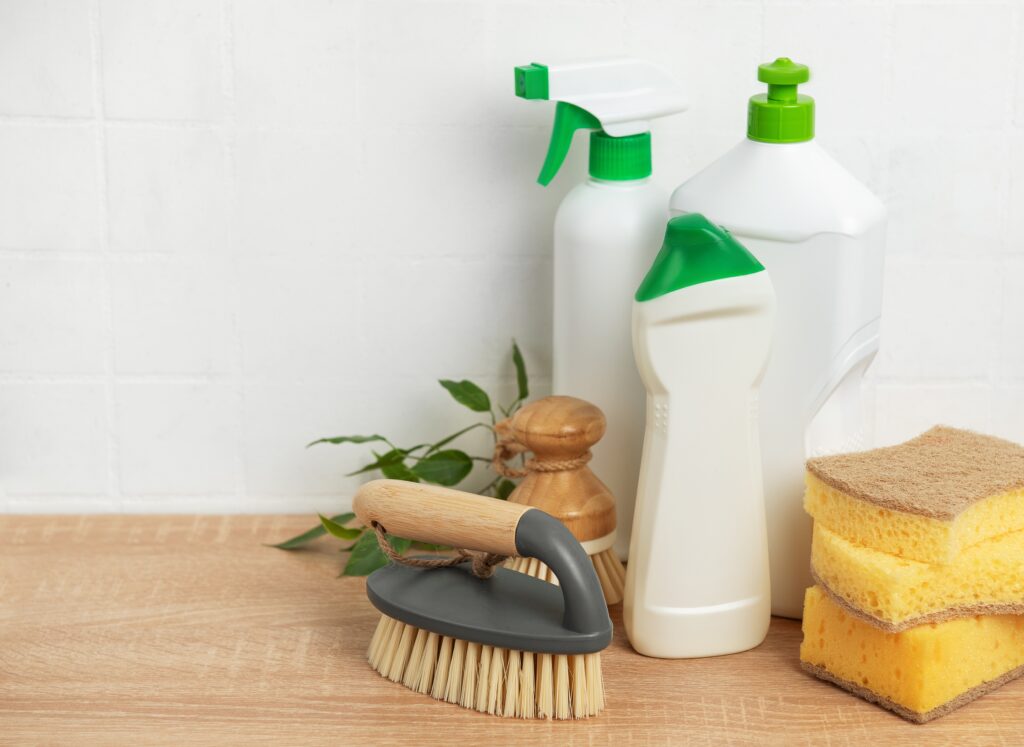
Companies market these as separate products, but they’re nearly identical. Both are designed to remove grease, soap scum, and germs. A simple all-purpose cleaner or a vinegar-based mix works for both spaces. Using fewer bottles saves space and reduces plastic use.
Most people end up paying twice for the same formula. Combining your cleaning supplies makes routines faster and simpler. You can use one safe solution across multiple surfaces without worry. Less clutter under the sink means easier cleaning days.
Bleach-based all-purpose cleaner
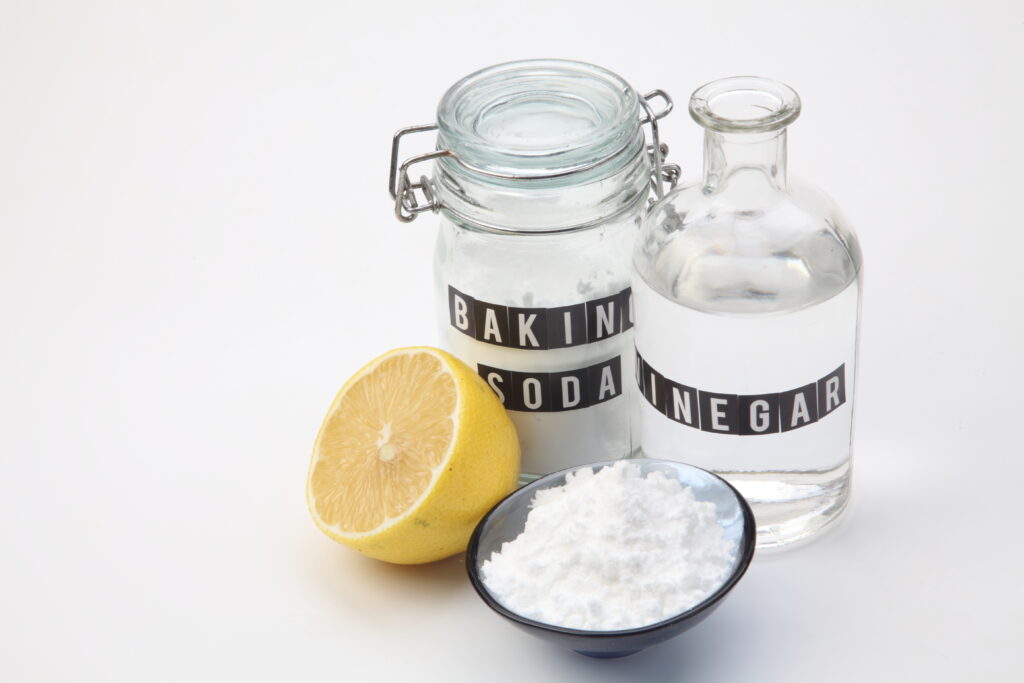
Bleach cleans well but can be harsh on skin, lungs, and surfaces. It strips color from fabrics and can damage countertops or tiles if overused. Most households don’t need it for daily cleaning since soap and water remove germs effectively. Reserve bleach for disinfecting only when necessary.
Using it too often can cause irritation and strong lingering fumes. Safer alternatives like vinegar or hydrogen peroxide clean just as well for everyday messes. Limiting bleach keeps your air fresher and your surfaces intact. It’s a product best used sparingly.
Scented dryer sheets
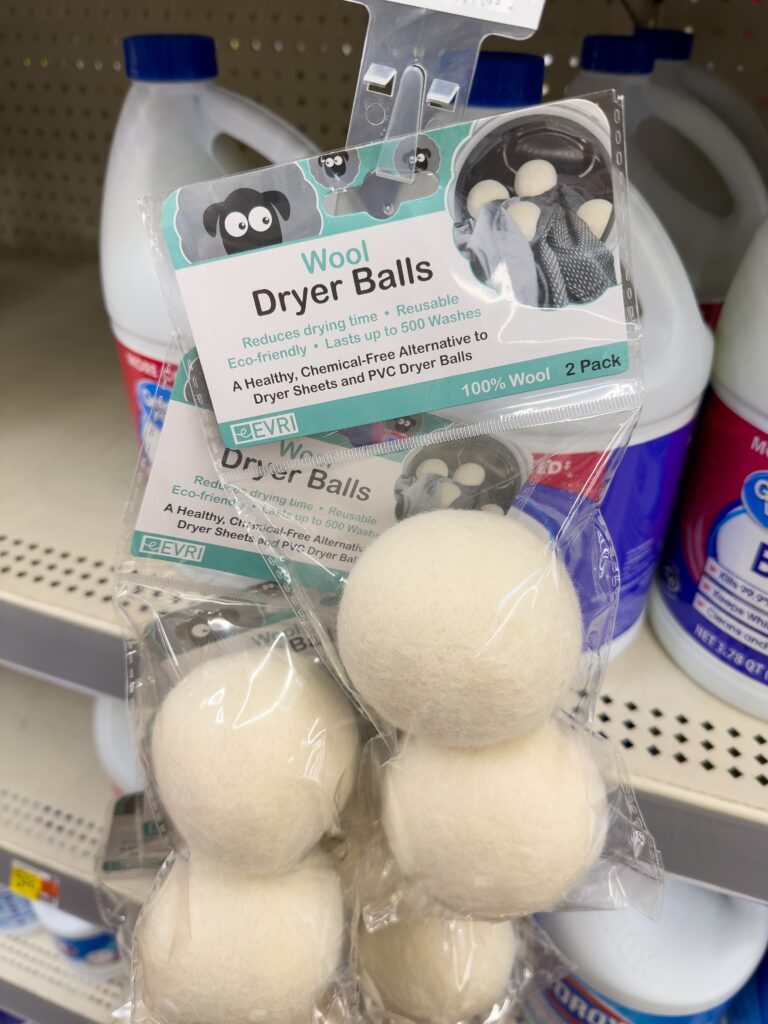
Dryer sheets make clothes smell pleasant, but they coat fabrics with chemicals that reduce absorbency and trap lint. They can also cause skin irritation for those with sensitivities. Wool dryer balls soften clothes naturally and can be reused for years. A few drops of essential oil add a light scent if you want fragrance.
These sheets often build up residue inside dryers, reducing their efficiency. Switching to reusable options cuts waste and keeps fabrics cleaner. Natural materials keep static low and fibers soft without coatings. Once you try them, you won’t miss the old sheets.
Disposable mop pads
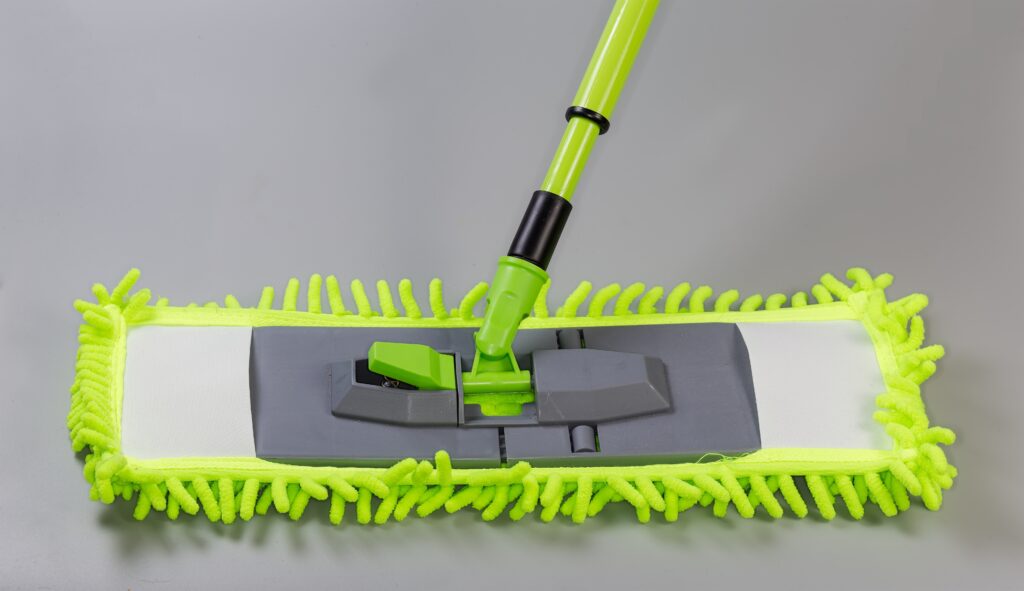
Disposable mop pads are convenient, but they generate a lot of trash and require constant refills. Each pad is used once and tossed, adding up in cost and waste. A reusable microfiber mop head cleans just as well and can be washed many times. It’s better for floors and far more sustainable.
These pads can also dry out quickly or leave streaks if overused. Reusable mops hold moisture longer and give more control when cleaning. You’ll get better results without needing constant replacements. One sturdy mop system can last for years with minimal upkeep.
This article originally appeared on Avocadu.
